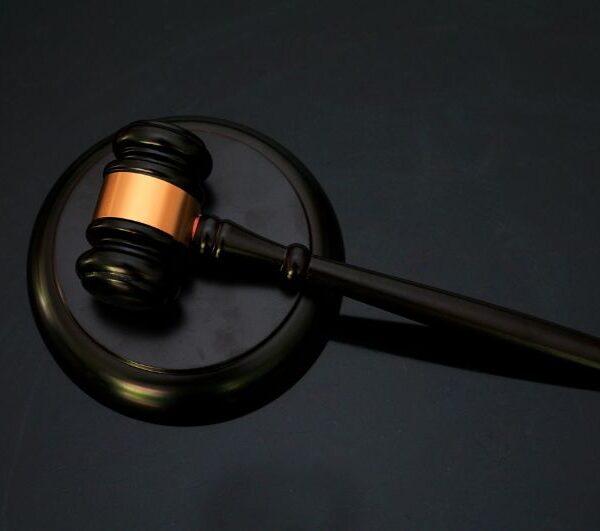
|
Getting your Trinity Audio player ready...
|
By Alric Lindsay
In the Summary Court today, January 7, 2025, Najala Seales, a visitor, was fined $1,200 for the importation of 16 gelatinous pills containing D8 THC, D9 THC and CBD. The drugs were also ordered to be forfeited and destroyed.
Background
Regarding the incident, the Summary Court heard that Seales arrived at the Owen Roberts International Airport on December 21, 2024, on a flight from Miami, Florida.
While going through the “nothing to declare” line, Customs & Border Control officers had reason to search her luggage.
During the search, CBC officers found 16 gelatinous pills containing cannabinol derivatives, D8 THC, D9 THC, CBD and CBN.
Seales was arrested and interviewed under caution, when she admitted that the items were hers. Reportedly, Seales explained that she used them for migraine headaches.
When asked whether she had a prescription, she said that the pills were bought over the counter since her doctor advised her that they had a very low amount of THC.
Sentencing
Arguing on her behalf in the Summary Court, defence counsel Greg Walcom clarified that while the pills contained some THC, “the great majority of it is CBD.”
In addition, Walcom emphasised that when Seales was in the “nothing to declare” line, “It was not with an intention to evade the detection of anything.” She was, in fact, a regular visitor from Ontario, Canada, to the Cayman Islands, and she was here on this trip to visit her cousin.
Based on the Court’s powers outlined in section 41 of the Penal Code, Walcom urged the Summary Court to give Seales an absolute discharge and not to record a conviction against her. Walcom also referred to Bermudan case law, which suggested this was appropriate.
Walcom added that a conviction would not be in her best interests either because a conviction could impact her image and the image of the clients for whom she performs public relations and corporate communications work.
Regarding the presence of the pills, Walcom explained that Seales is not the type of person to go out and purchase recreational drugs. In this case, Seales suffers from seriously debilitating migraines that cause her to vomit on occasion violently and cause significant pain. A friend informed Seales that the pills, in the form of over-the-counter medication, could provide her with relief.
Reportedly, Seales also sought medical advice. The doctor told her that because of the low THC content, the medication could be bought over the counter and does not require a prescription.
Concerning the usage of the pills, Walcom said that the last time Seales used the product was in March 2024. However, she forgot that the pills were in her bag on her trip to the Cayman Islands.
After hearing Walcom’s arguments for his client, the Chief Magistrate warned Seales.
The Chief Magistrate indicated that since Seales is a frequent visitor to Cayman and knows that Cayman has strict drug laws, there is a higher responsibility on her behalf. That is, Seales is not a casual visitor ignorant of Cayman laws.
Notwithstanding this, the Chief Magistrate accepted that Seales did not have the drugs for “recreational” purposes but for medical use.
The Chief Magistrate also considered her good character and early guilty plea.
In conclusion, the Chief Magistrate said:
I find there extenuating circumstances that I do grant an absolute discharge with no conviction to be recorded. However, you will pay cost to the crown of $1,200 for 12 days in default.
Your passport can be released on payment and drugs are ordered forfeited and destroyed.
Notes to readers:
Greg Walcom, the attorney in this case, requested that his client be discharged without punishment. Section 41 of the Penal Code sets out the power to do so. This states:
Discharge of offender without punishment
41. (1) Where, in a trial, a court thinks that the charge is proved, but is of the opinion that, having regard to the character, antecedents, age, health or mental condition of the accused, or to the trivial nature of the offence or to the extenuating circumstances in which the offence was committed, it is inexpedient to inflict any punishment, the court may, without proceeding to conviction, make an order either — (a) discharging the accused absolutely; or (b) if the court thinks fit, discharge the accused subject to the condition that the accused commits no offence during such period not exceeding three years from the date of the order, as may be specified in the order.
(2) An order made under subsection (1) shall, for the purpose of revesting or restoring stolen property and of enabling a court to make any order in that behalf, have the like effect as a conviction.
(3) Where any charge is dismissed under subsection (1) the court may order the accused person to pay the whole or any part of the costs of and incidental to the prosecution.



